Everything You Need to Know About Prebiotics, Probiotics and Postbiotics
Gut bacteria determine much more than gut health and can extend in their functionality from nutrient assimilation to healthy aging and overall body maintenance.
It is almost hard to believe that our bacterial flora outnumbers our human cells. Some researchers propose that the ratio of bacterial to human cells is 1 to 1. Other researchers, however, propose that the ratio is closer to 1 to 10. In many ways, we are more bacteria than we are human. (1)
Additionally, those bacterial cells do not just outnumber us, they have also made deals to penetrate deep into our cells and act as powerhouses.
Theories and genetic analyses demonstrate that our most efficient energy powerhouse, the mitochondria, is also of probiotic origin. (2)
Further, theories demonstrate that our energy metabolism buddies (mitochondria) communicate with our gut microbes and that many of the signals that help the body function optimally fall under the category of post-biotics. (3,4)
Blog Contents
What Is The Difference Between: Prebiotics, Probiotics, and Postbiotics
-
Probiotics: Natural flora that keeps us healthy in exchange for food and shelter
- Prebiotics: The food that we consume goes to feed the healthy part of our gut flora
- Postbiotics: Metabolites that are made by healthy bacteria signal actions that are conducive to overall health
Gut bacteria play a role in nutrient assimilation
There are more bacteria than human cells in the human body
Our energy creation powerhouse may be probiotic in origin
How Gut Bacteria Can Influence Emotions
Probiotics play a direct role in maintaining healthy inflammatory metabolite levels.
Keeping in mind that depression and anxiety are directly linked to inflammation, it was found that some strains of healthy bacteria play a direct role in alleviating symptoms of depression and anxiety. (6)
Probiotics do not just impact the production of mood-promoting substances, there is evidence that they can produce their own signalling molecules and neurotransmitters.
Neurotransmitters are a type of signalling chemical that the brain uses for sending signals that translate into emotions. (6,7,8)
Depression and anxiety are linked to inflammatory levels
Probiotics play a role in maintaining low inflammation
The gut directly sends signals to the brain through the vagus nerve
What Happens in the Vagus Nerve?
The human body has a long cranial nerve known as the vagus nerve. The vagus nerve is a nerve that runs through the neck to the brain.
It has branches that run from the brain stem all the way down to the walls of the digestive system.
It plays a role in the autonomic nervous system which is the branch of the nervous system that is automatic in nature.
It governs all the actions that we do not have to think about including breathing and digestion.
In the case of digestion, some of the digestive metabolites, including the postbiotics can send signals directly to the brain stem through the vagus fibres that are embedded in the walls of the gastrointestinal system. (9)
Many would attest to the feeling of butterflies in the stomach when one is stressed.
Stress contracts the digestive system and shunts the blood into other tissues of the body.
That process of focusing on the sympathetic branch of the autonomic nervous system disrupts the flow of data through the vagus nerve. (10)
When the vagus nerve is not sending signals to the brain, all the anti-inflammatory molecules signalled to be made are not released.
In return, the gut suffers negative consequences that even extend to the breakdown of the integrity and the diversity of the probiotic flora. (11)
The vagus nerve is responsible for sending gut-brain signals
Probiotics have the power to directly as well as indirectly impact mood
Gut feelings are real manifestations of gut-brain communication
Leaky Gut & Gut Integrity
There are even theories that the increase in the permeability of the gut lining, known as Leaky Gut Syndrome may be related to bacterial dysbiosis. (12)
Probiotics keep the integrity of the gut lining which in return makes it easier for the metabolites produced by the healthy gut bacteria to reach the brain.
Digestive metabolites, on the other hand, when leaked into the blood promote inflammation and make it harder for the signal from the gut to reach the brain.
There are even some studies that demonstrate that healthy gut microbes have the capacity to modulate neuroinflammation through the previously explained pathways. (13,14)
A leaky gut is a phenomenon of bacterial dysbiosis
Inflammatory markers increase with leaky gut
Low-grade inflammation directly impacts neurotransmitter synthesis
Building Microbiome Diversity Naturally
Naturally, the act of daily living accumulates probiotics sufficiently enough for us to have diversity in our guts.
Perhaps the joyful interactions of life are some of the most important builders of our gut diversity. Some actions that we may not think about can contribute positively to the diversity of our body flora. Those actions include gardening (bare hands), touching our loved ones, sexual contact, interacting with pets and even handling our own uncooked food to prepare it.
Studies show that dog owners have more diversity in their gut flora, for example. Thus, it is important to choose our battle and think twice about living an isolated, highly sanitized life.
In addition, building a healthy gut flora can be achieved through the continuous influx of probiotic-rich foods that include fermented foods, high soluble-fibre foods and foods that are high in complex carbohydrates, in general.
What may be more important than having foods high in probiotics and prebiotics is refraining from foods that will end up turning into fuel for unhealthy competing microorganisms.
High-sugar foods, for example, do turn into food for bacteria, but not the healthy types, thus they end up smothering the healthy bacteria with competition and toxic metabolites.
Some gut protection factors including N-acetylglucosamine may contribute to building a healthy gut. A healthy gut is one that is less inflamed and less likely to smother healthy bacteria with inflammation. (15, 16) Benefits of N-Acetylglucosamine for the gut include:
Essential structural component of cell surface
Contains roles in cell signalling
Regulates intracellular proteins
Regulates inflammation
Used for osteoarthritis
Inflammatory bowel disease ameliorating agent
Though it is always good to have the body choose the bacteria that is most suited to colonize internally. Each bacteria can have different functions and benefits.
Bifidobacterium species for example, are common healthy gut bacteria and feature the following benefits:
Produce short-chain fatty acids: Interact with gut serotonin production cells
Produce acetate: Gut acidity promoting
Feeds gut bacteria: Eubacterium, which make butyrate
Serotonin: Enhancing the brain from the gut
-
Antimicrobial activity against:
Listeria monocytogenes - Common food bacteria (may be critical to some)
Clostridium perfringens - Common food poisoning bacteria
Escherichia coli - Common UTI bacteria (17,18, 19)
What Makes a Good Probiotic Supplement
A good probiotic supplement is one that is most suited to the needs and lifestyle of the individual seeking probiotics.
For example, a probiotic that is needed after a course of antibiotics may be different from one needed for gut health maintenance.
While both probiotics are meant to colonize the gut, a post-antibiotic probiotic is more about diversity and the introduction of species that may have completely been wiped out by the antibiotic.
On the other hand, a good gut probiotic is one that contains the strains that stimulate the secretion of gut-protective mucus and that produce metabolites that can be used as food by other bacteria.
Needing a very high colony probiotic constantly is a sure sign that the gut is killing off the healthy probiotics.
It is also important to note that some individuals with sensitive guts or with issues like Irritable Bowel Disease and Ulcerative Colitis may react poorly to some strains. An aggravation of a serious gut illness may result in significant symptoms. It is always important to consult a healthcare practitioner and start with more reasonable doses of probiotics. (20)
Top Probiotic Strains to Look For
Bifidobacterium Bifidum (21, 22)
Phytochemical- modifier of gut microbial profile
Immunomodulatory
Suppresses allergic response
Anti-inflammatory in bowel disease
Eczema suppressing
Bifidobacterium Longum (21, 22, 23)
Benefits irritable bowel syndrome
Reduces depression
Improves quality of life
Changes brain activation patterns
Reduces limbic reactivity- Brain relaxing
Lactobacillus acidophilus (24, 25, 26)
Immunomodulatory effects
Make precursor to GABA - Relaxing neurotransmitter
Antagonistic against pathogens
Anti-tumor
Preserves Intestinal Barrier
Article References
Sender R, Fuchs S, Milo R. Are we really vastly outnumbered? Revisiting the ratio of bacterial to host cells in humans. Cell. 2016 Jan 28;164(3):337-40.
Meyer A, Laverny G, Bernardi L, Charles AL, Alsaleh G, Pottecher J, Sibilia J, Geny B. Mitochondria: an organelle of bacterial origin controlling inflammation. Frontiers in immunology. 2018 Apr 19;9:536.
Meyer A, Laverny G, Bernardi L, Charles AL, Alsaleh G, Pottecher J, Sibilia J, Geny B. Mitochondria: an organelle of bacterial origin controlling inflammation. Frontiers in immunology. 2018 Apr 19;9:536.
Rodrigues RR, Gurung M, Li Z, García-Jaramillo M, Greer R, Gaulke C, Bauchinger F, You H, Pederson JW, Vasquez-Perez S, White KD. Transkingdom interactions between Lactobacilli and hepatic mitochondria attenuate western diet-induced diabetes. Nature communications. 2021 Jan 4;12(1):1-5.
Miller AW, Orr T, Dearing D, Monga M. Loss of function dysbiosis associated with antibiotics and high fat, high sugar diet. The ISME journal. 2019 Jun;13(6):1379-90.
Raison CL, Capuron L, Miller AH. Cytokines sing the blues: inflammation and the pathogenesis of depression. Trends in immunology. 2006 Jan 1;27(1):24-31.
Park C, Brietzke E, Rosenblat JD, Musial N, Zuckerman H, Ragguett RM, Pan Z, Rong C, Fus D, McIntyre RS. Probiotics for the treatment of depressive symptoms: an anti-inflammatory mechanism?. Brain, behavior, and immunity. 2018 Oct 1;73:115-24.
Cao G, Tao F, Hu Y, Li Z, Zhang Y, Deng B. Positive effects of a Clostridium butyricum-based compound probiotic on growth performance, immune responses, intestinal morphology, hypothalamic neurotransmitters, and colonic microbiota in weaned piglets. Food & function. 2019;10(5):2926-34.
Fülling C, Dinan TG, Cryan JF. Gut microbe to brain signaling: what happens in vagus…. Neuron. 2019 Mar 20;101(6):998-1002.
Lee JB, Omazic LJ, Kathia M. What happens in vagus, no longer stays in vagus. The Journal of Physiology. 2020 Oct;598(20):4435-7.
Konturek PC, Brzozowski T, Konturek SJ. Stress and the gut: pathophysiology, clinical consequences, diagnostic approach and treatment options. J Physiol Pharmacol. 2011 Dec 1;62(6):591-9.
Maguire M, Maguire G. Gut dysbiosis, leaky gut, and intestinal epithelial proliferation in neurological disorders: towards the development of a new therapeutic using amino acids, prebiotics, probiotics, and postbiotics. Reviews in the Neurosciences. 2019 Feb 1;30(2):179-201.
Mass M, Kubera M, Leunis JC. The gut-brain barrier in major depression: intestinal mucosal dysfunction with an increased translocation of LPS from gram negative enterobacteria (leaky gut) plays a role in the inflammatory pathophysiology of depression. Neuroendocrinology Letters. 2008 Feb 1;29(1):117-24.
Frank MG, Fonken LK, Watkins LR, Maier SF, Lowry CA. Could probiotics be used to mitigate neuroinflammation?. ACS chemical neuroscience. 2018 Aug 15;10(1):13-5.
Brown K, DeCoffe D, Molcan E, Gibson DL. Diet-induced dysbiosis of the intestinal microbiota and the effects on immunity and disease. Nutrients. 2012 Aug;4(8):1095-119.
Pusztai A, Ewen SW, Grant G, Brown DS, Stewart JC, Peumans WJ, Van Damme EJ, Bardocz S. Antinutritive effects of wheat-germ agglutinin and other N-acetylglucosamine-specific lectins. British Journal of Nutrition. 1993 Jul;70(1):313-21.
Rizzardini G, Eskesen D, Calder PC, Capetti A, Jespersen L, Clerici M. Evaluation of the immune benefits of two probiotic strains Bifidobacterium animalis ssp. lactis, BB-12® and Lactobacillus paracasei ssp. paracasei, L. casei 431® in an influenza vaccination model: a randomised, double-blind, placebo-controlled study. British journal of nutrition. 2012 Mar;107(6):876-84.
Lievin V, Peiffer I, Hudault S, Rochat F, Brassart D, Neeser JR, Servin AL. Bifidobacterium strains from resident infant human gastrointestinal microflora exert antimicrobial activity. Gut. 2000 Nov 1;47(5):646-52.
Tojo R, Suárez A, Clemente MG, de los Reyes-Gavilán CG, Margolles A, Gueimonde M, Ruas-Madiedo P. Intestinal microbiota in health and disease: role of bifidobacteria in gut homeostasis. World journal of gastroenterology: WJG. 2014 Nov 7;20(41):15163.
Marteau P. Safety aspects of probiotic products. Näringsforskning. 2001 Dec 1;45(1):22-4.
Gomi A, Iino T, Nonaka C, Miyazaki K, Ishikawa F. Health benefits of fermented milk containing Bifidobacterium bifidum YIT 10347 on gastric symptoms in adults. Journal of dairy science. 2015 Apr 1;98(4):2277-83.
Picard C, Fioramonti J, Francois A, Robinson T, Neant F, Matuchansky C. bifidobacteria as probiotic agents–physiological effects and clinical benefits. Alimentary pharmacology & therapeutics. 2005 Sep;22(6):495-512.
Picard C, Fioramonti J, Francois A, Robinson T, Neant F, Matuchansky C. bifidobacteria as probiotic agents–physiological effects and clinical benefits. Alimentary pharmacology & therapeutics. 2005 Sep;22(6):495-512.
Sanders ME, Klaenhammer TR. Invited review: the scientific basis of Lactobacillus acidophilus NCFM functionality as a probiotic. Journal of dairy science. 2001 Feb 1;84(2):319-31.
Du Plessis EM, Dicks LM, Vescovo M, Torriani S, Dellaglio F. Lactobacillus acidophilus and related species. A review [foods]. Annali di Microbiologia ed Enzimologia (Italy). 1996.
Lim SD, Kim KS, Do JR. Physiological characteristics and GABA production of Lactobacillus acidophilus RMK567 isolated from raw milk. Food Science of Animal Resources. 2009;29(1):15-23.









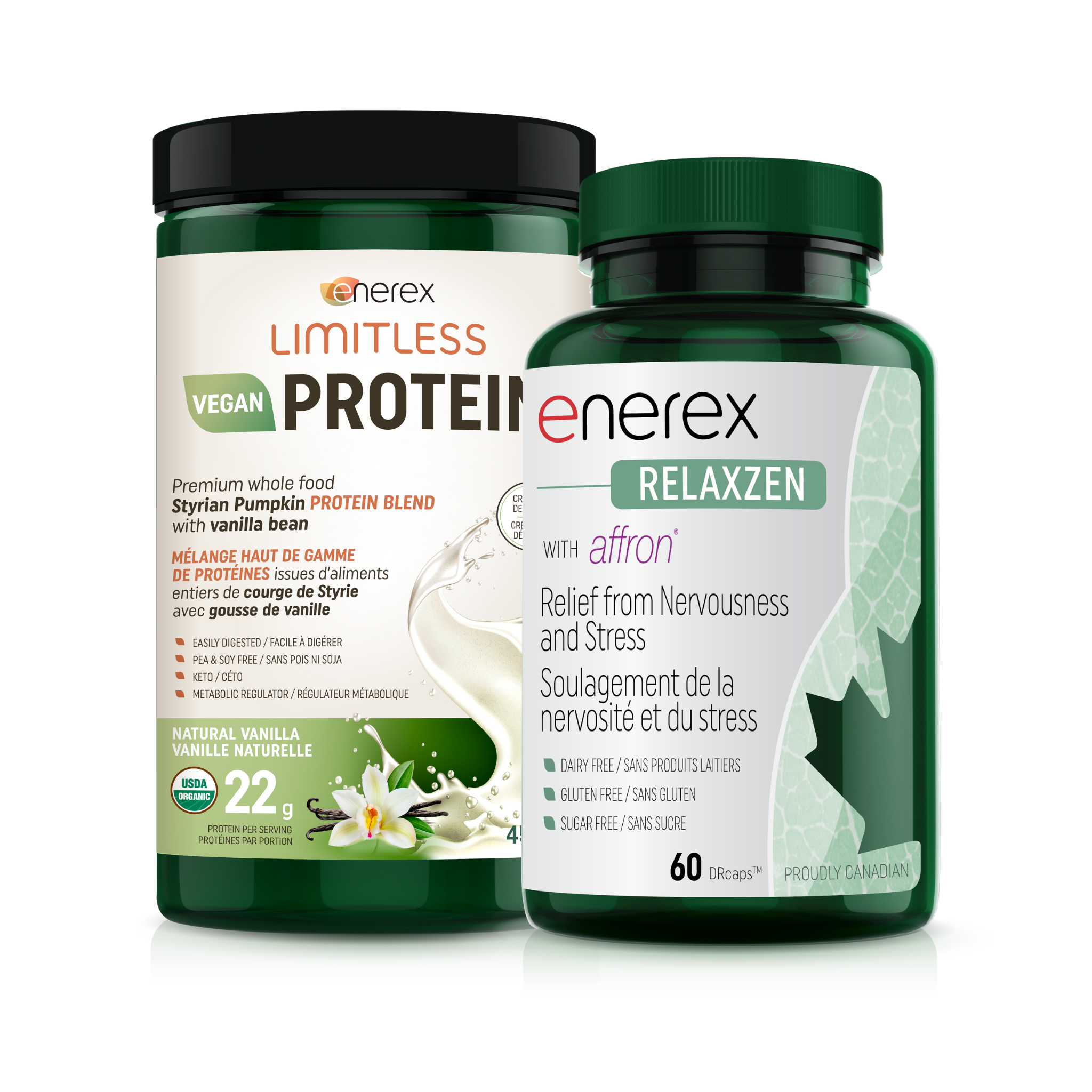
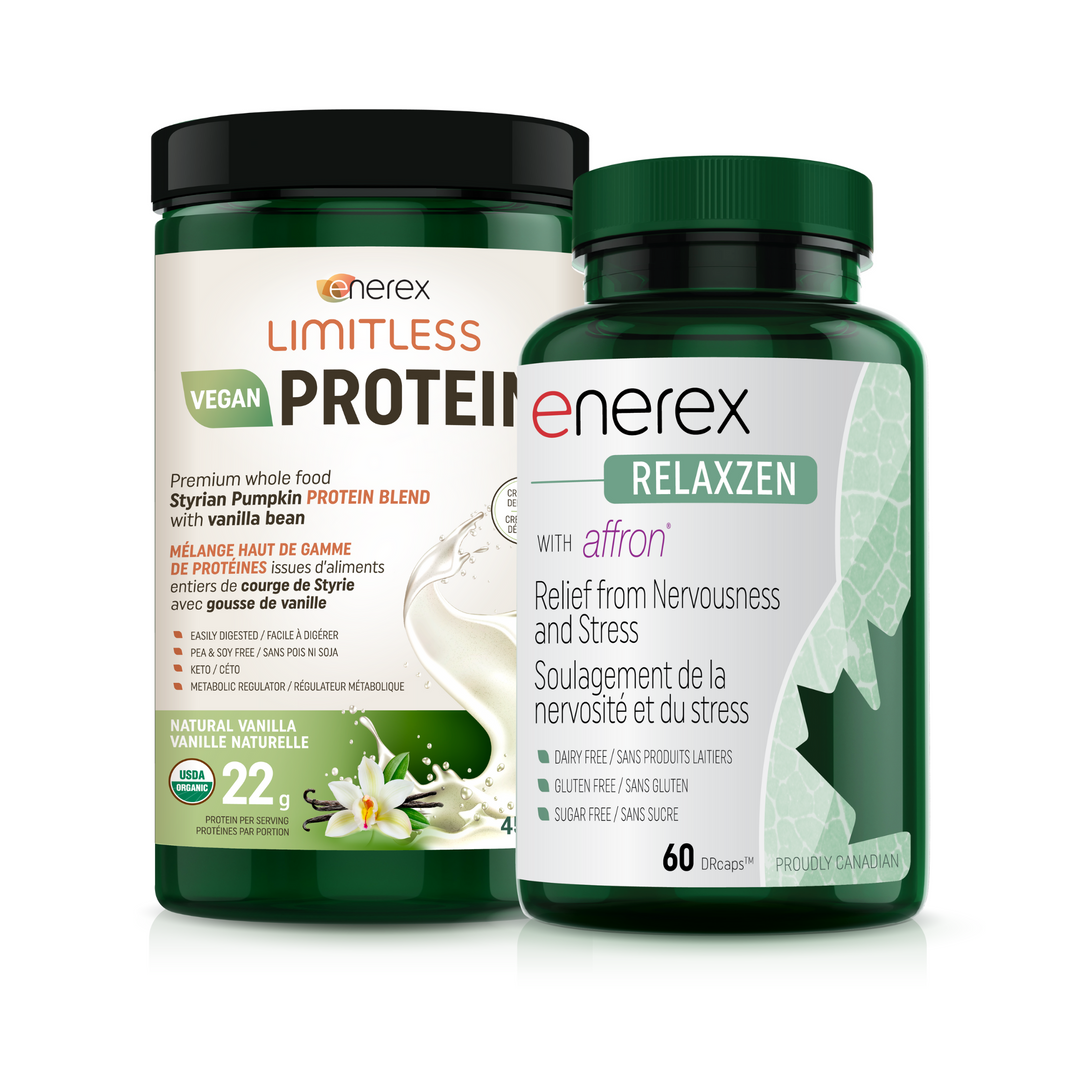
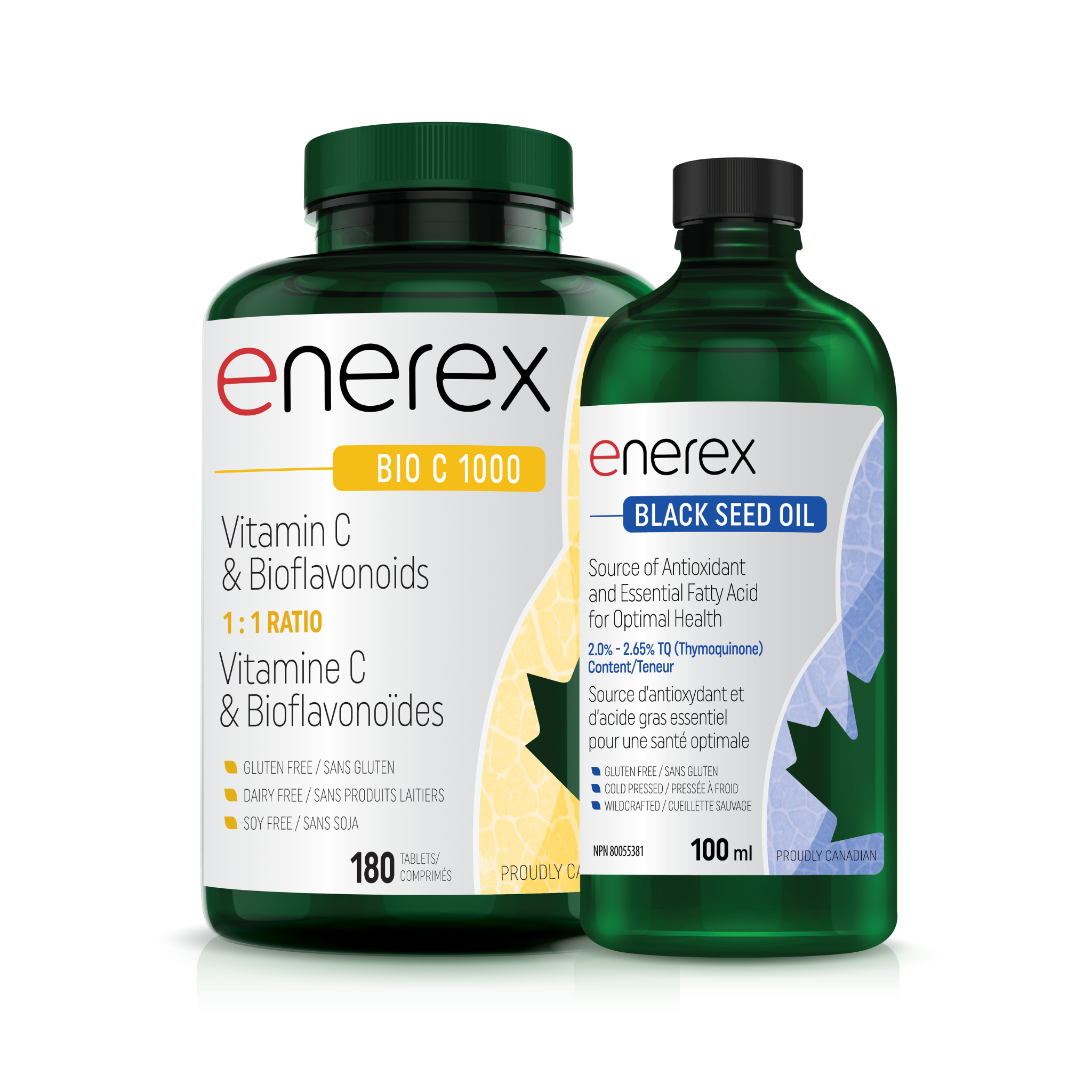
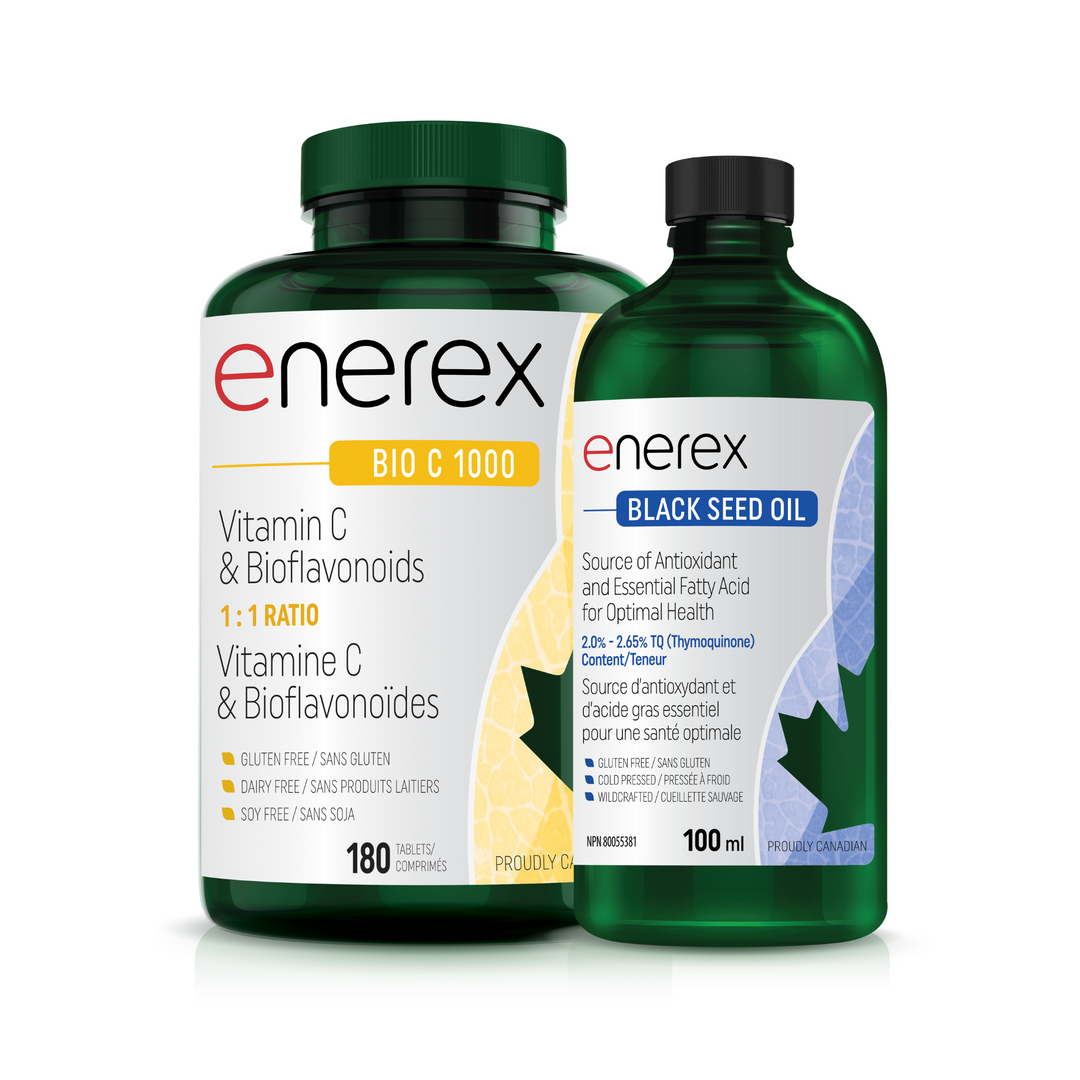
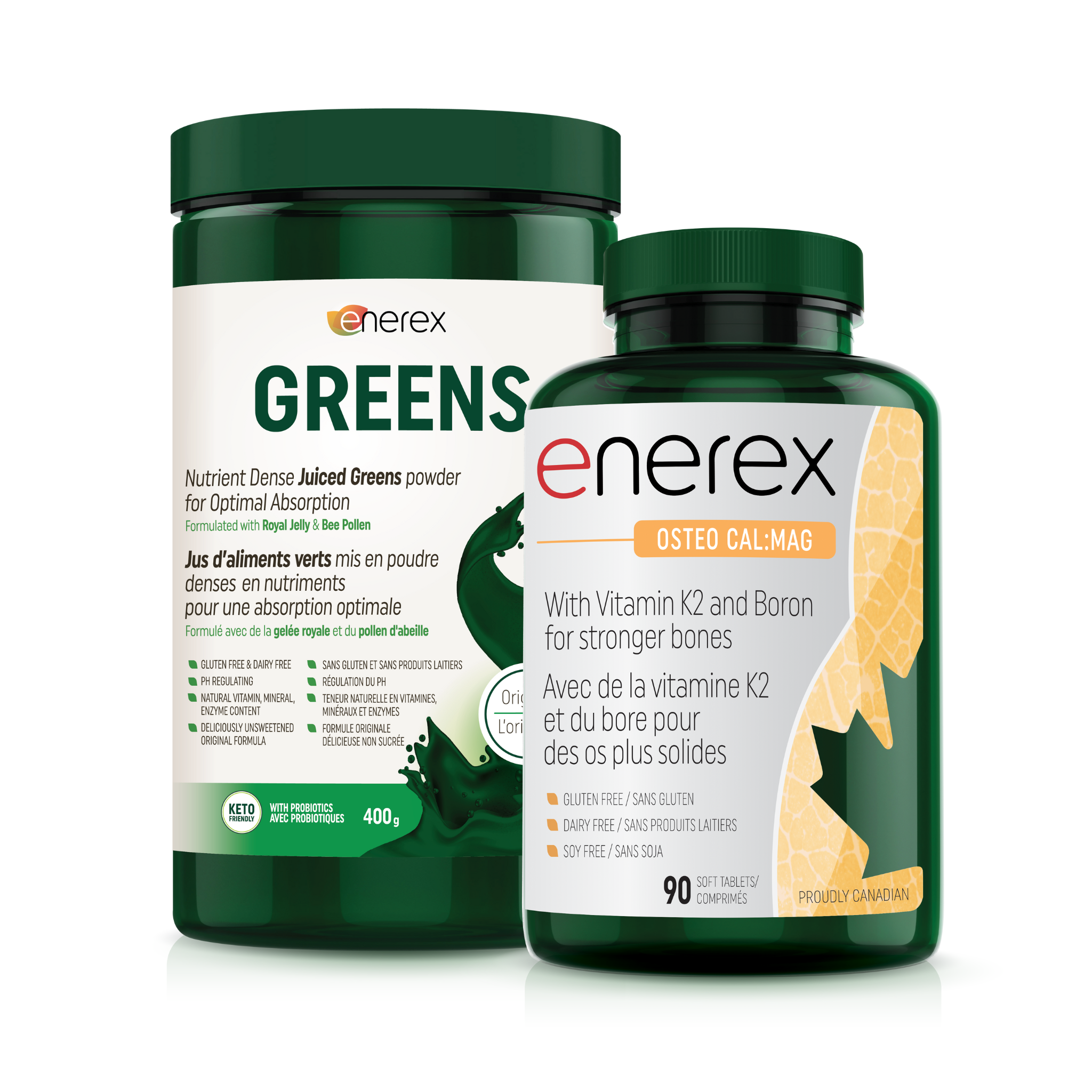
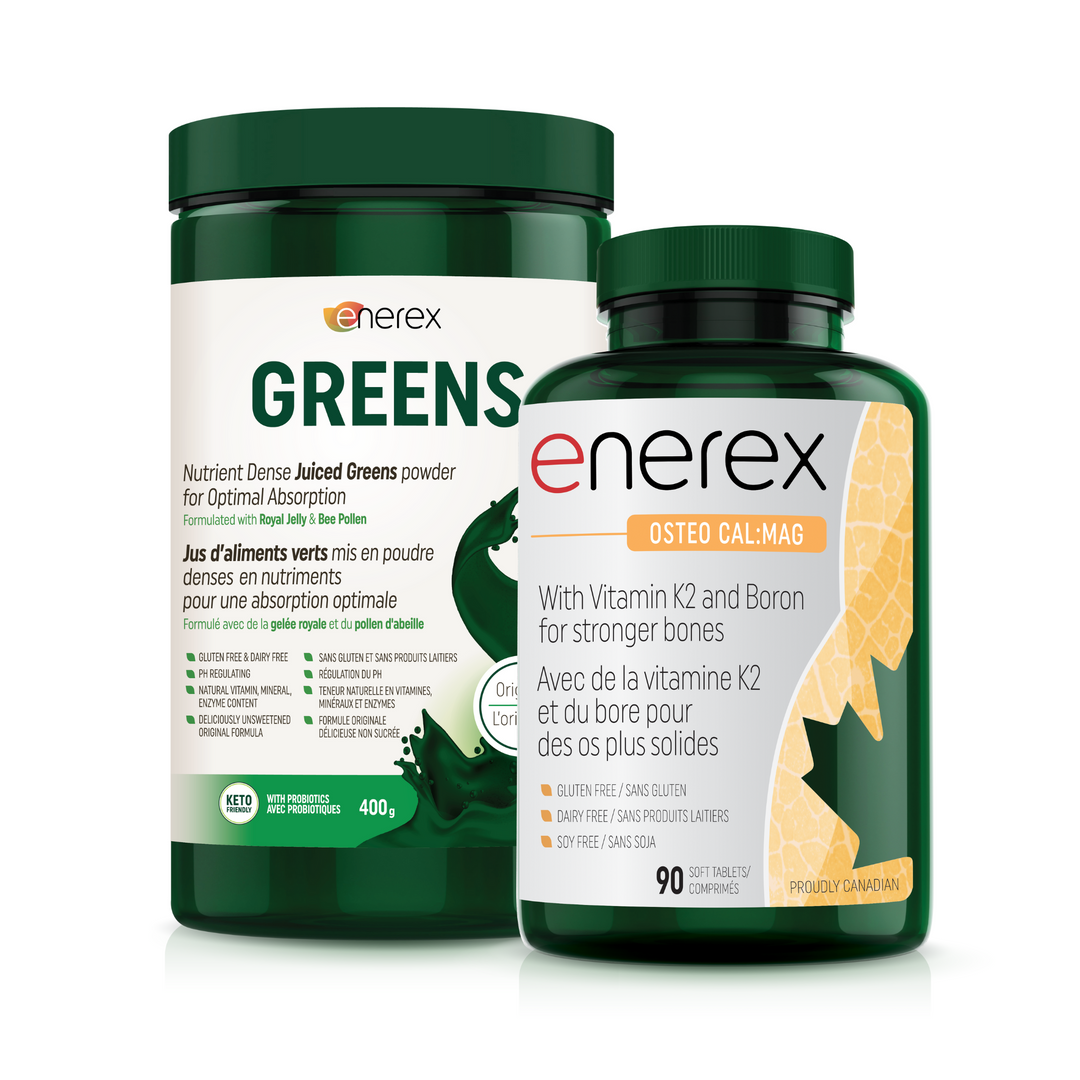
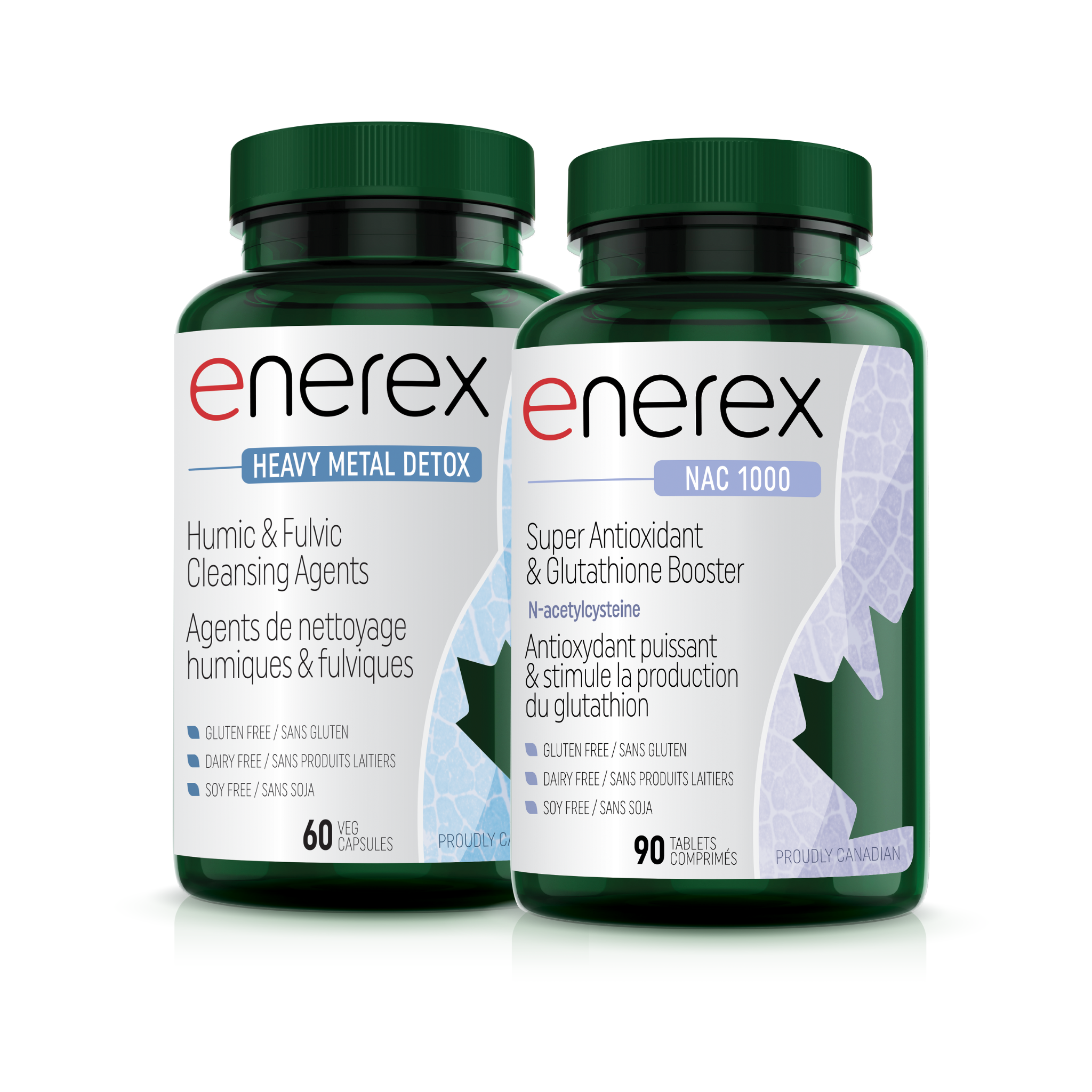
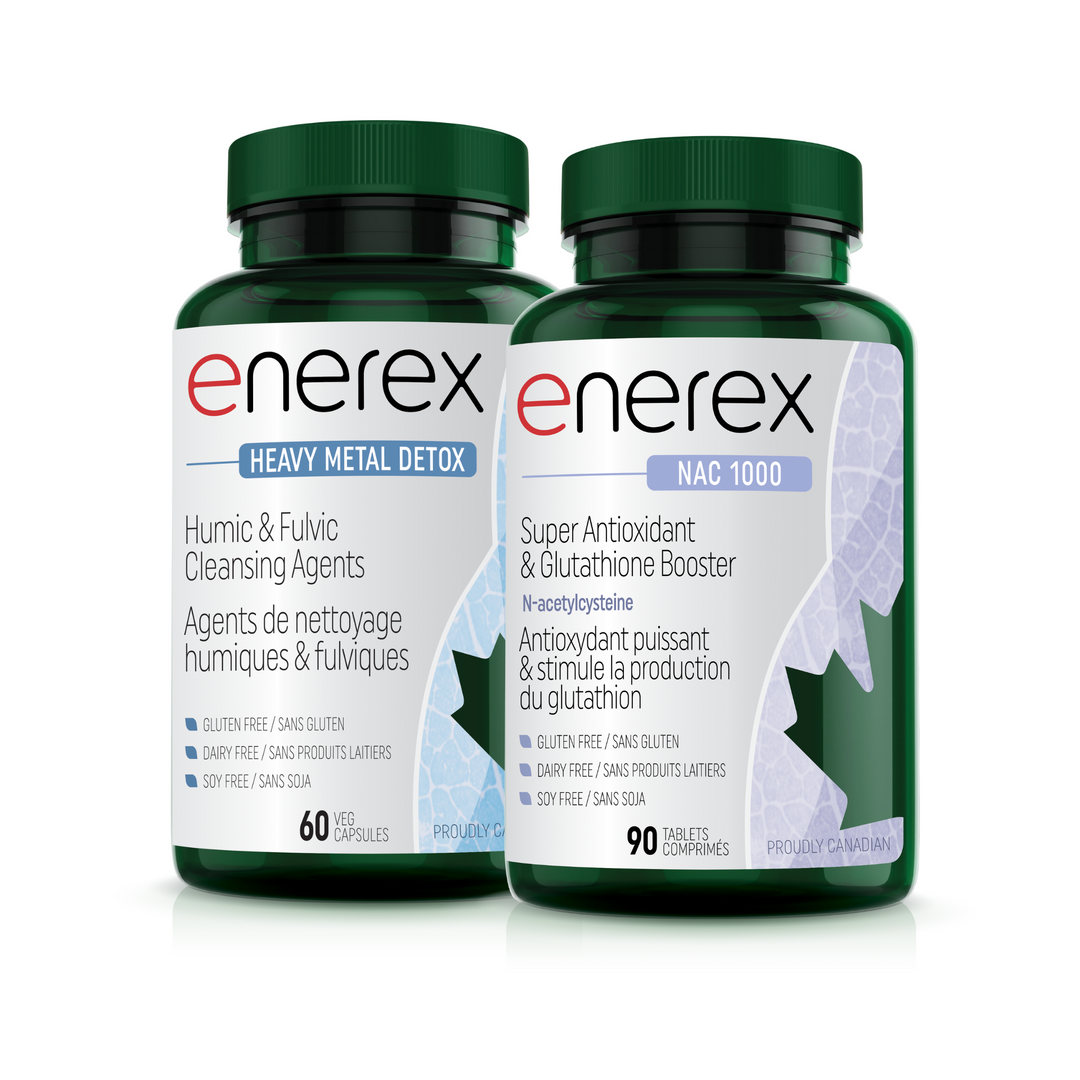
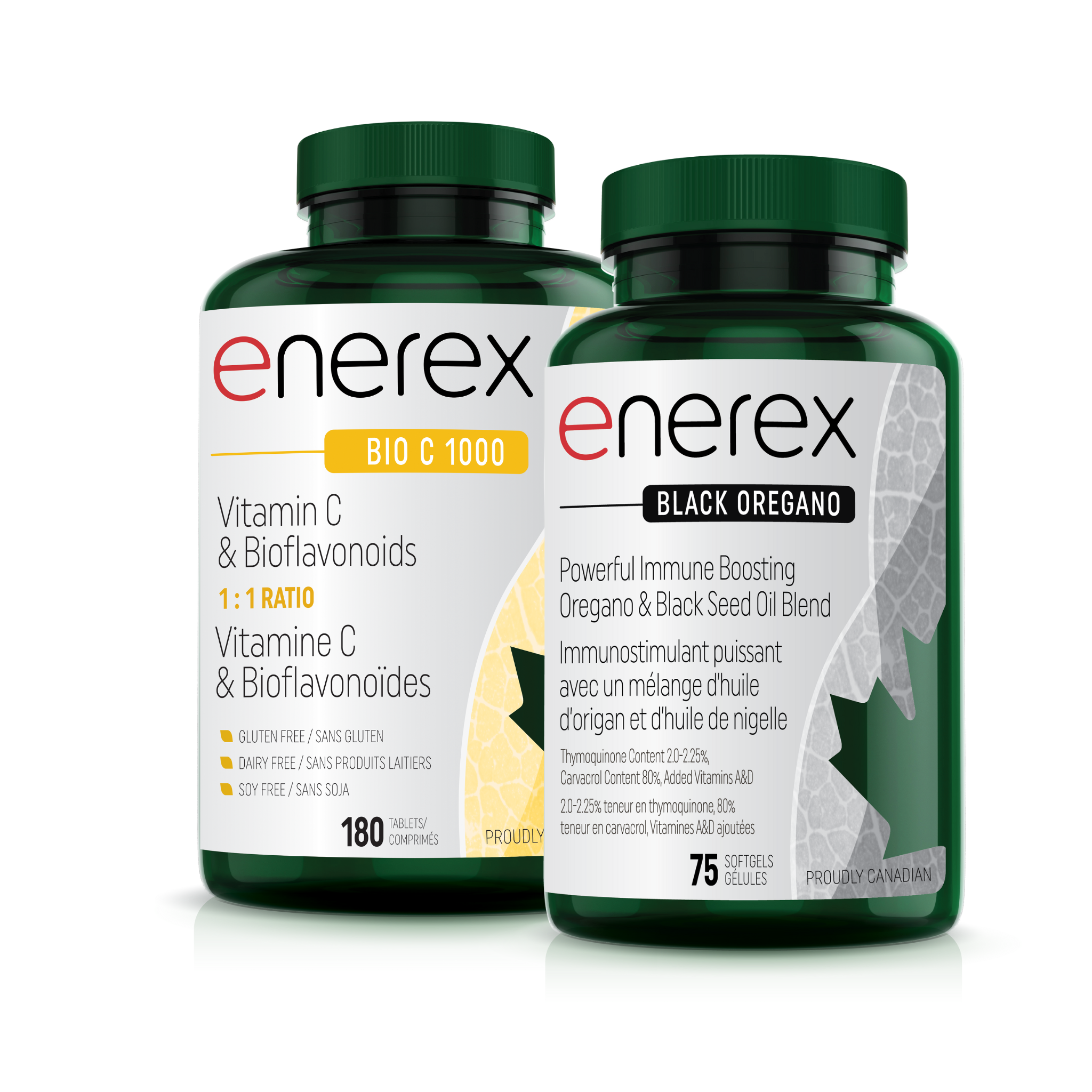
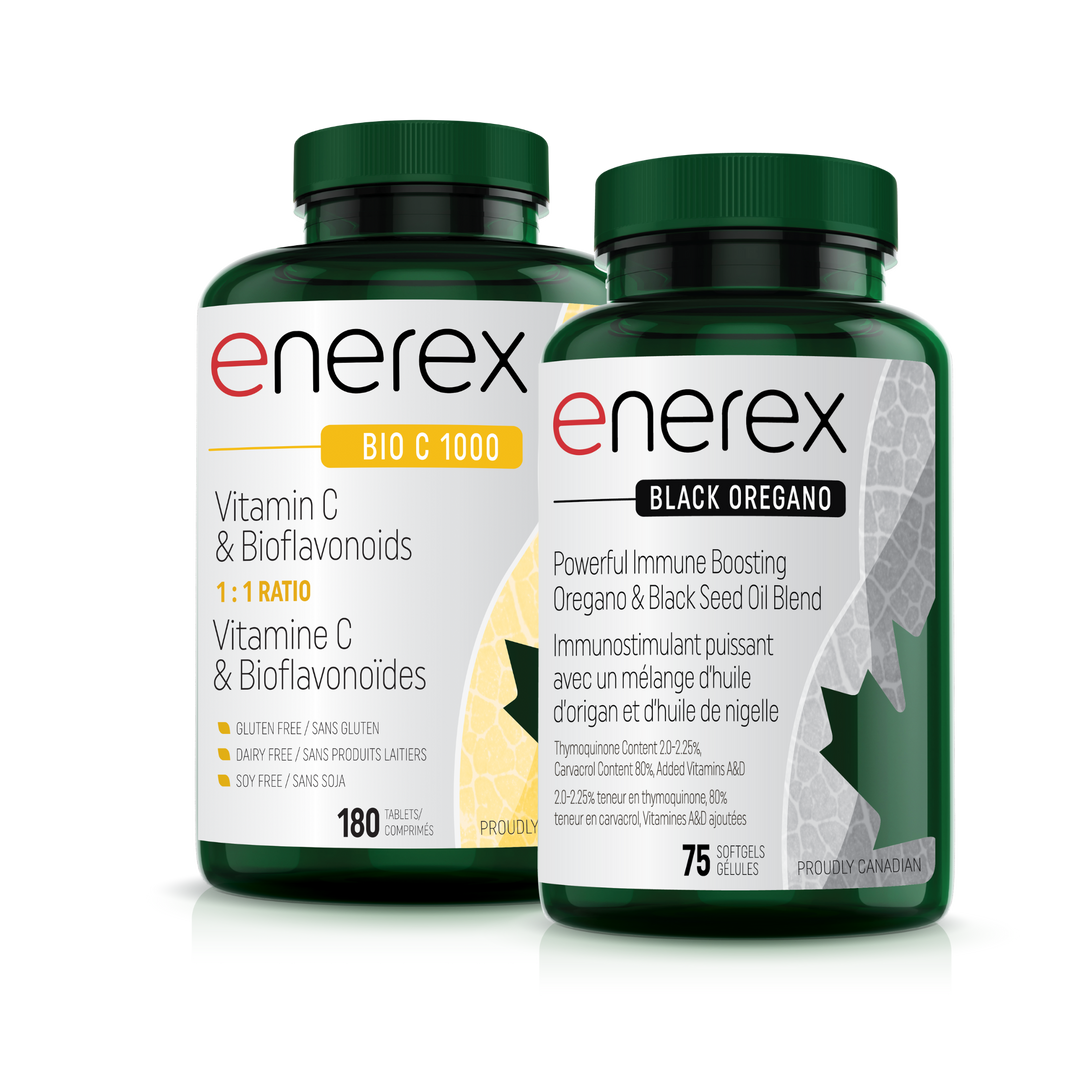
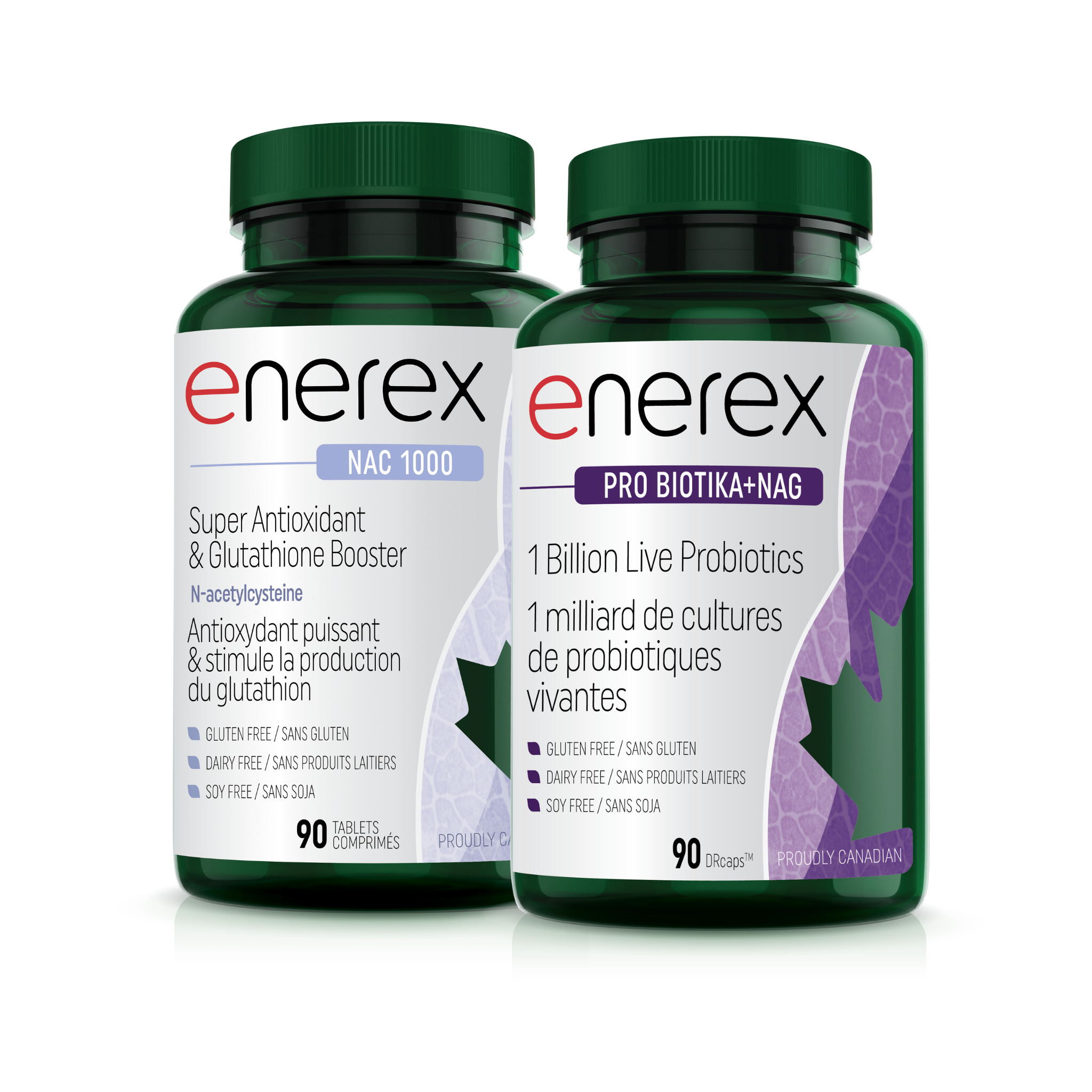
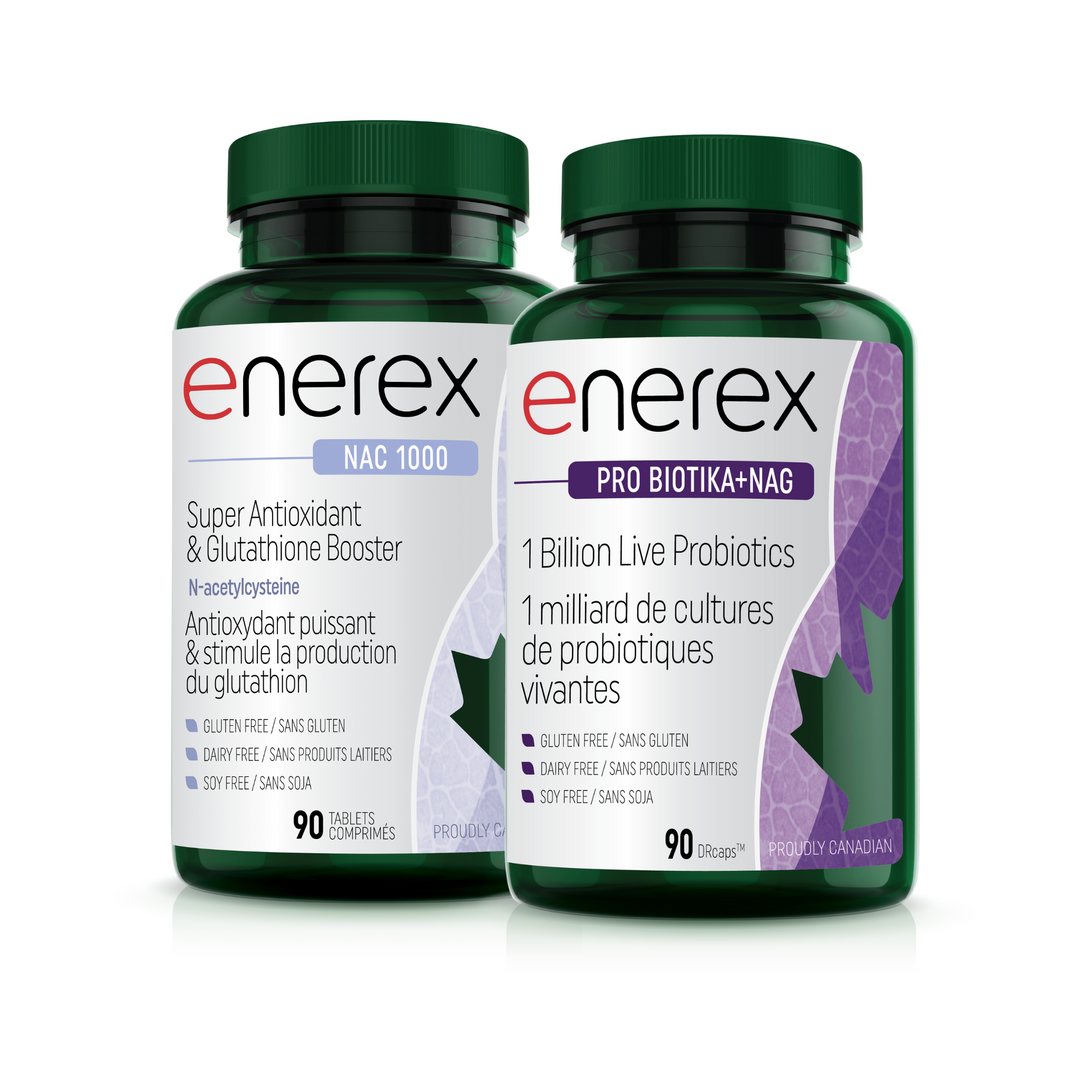
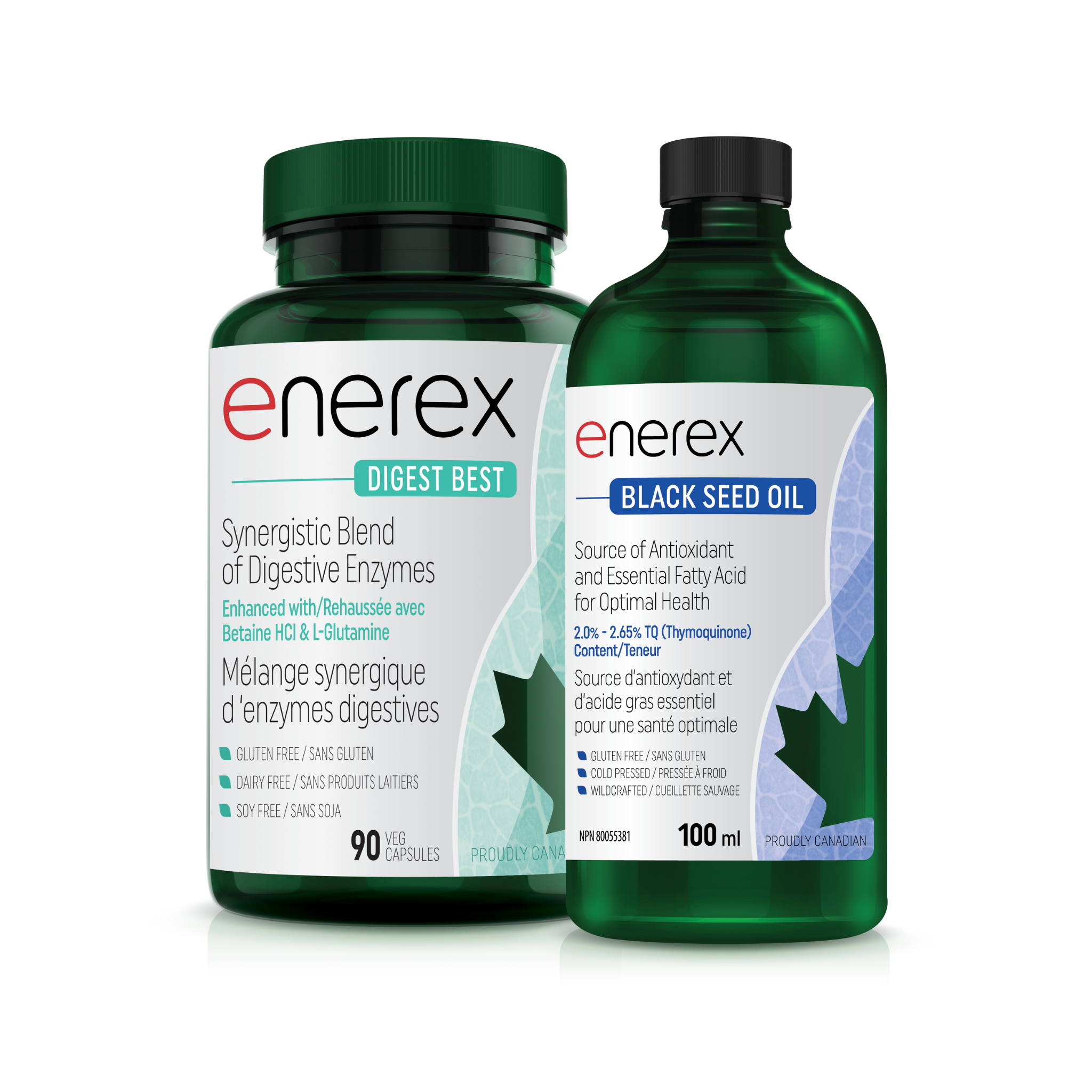
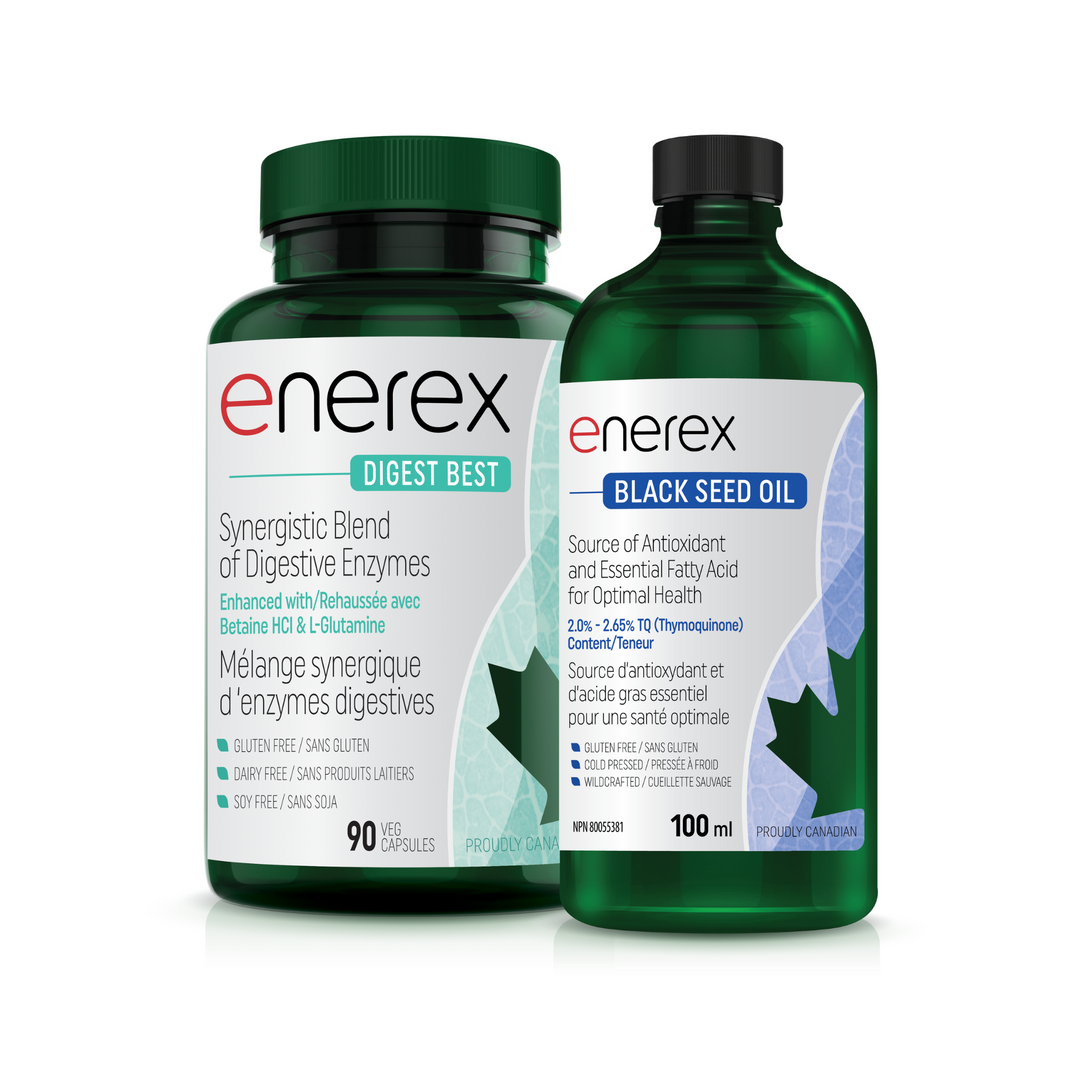
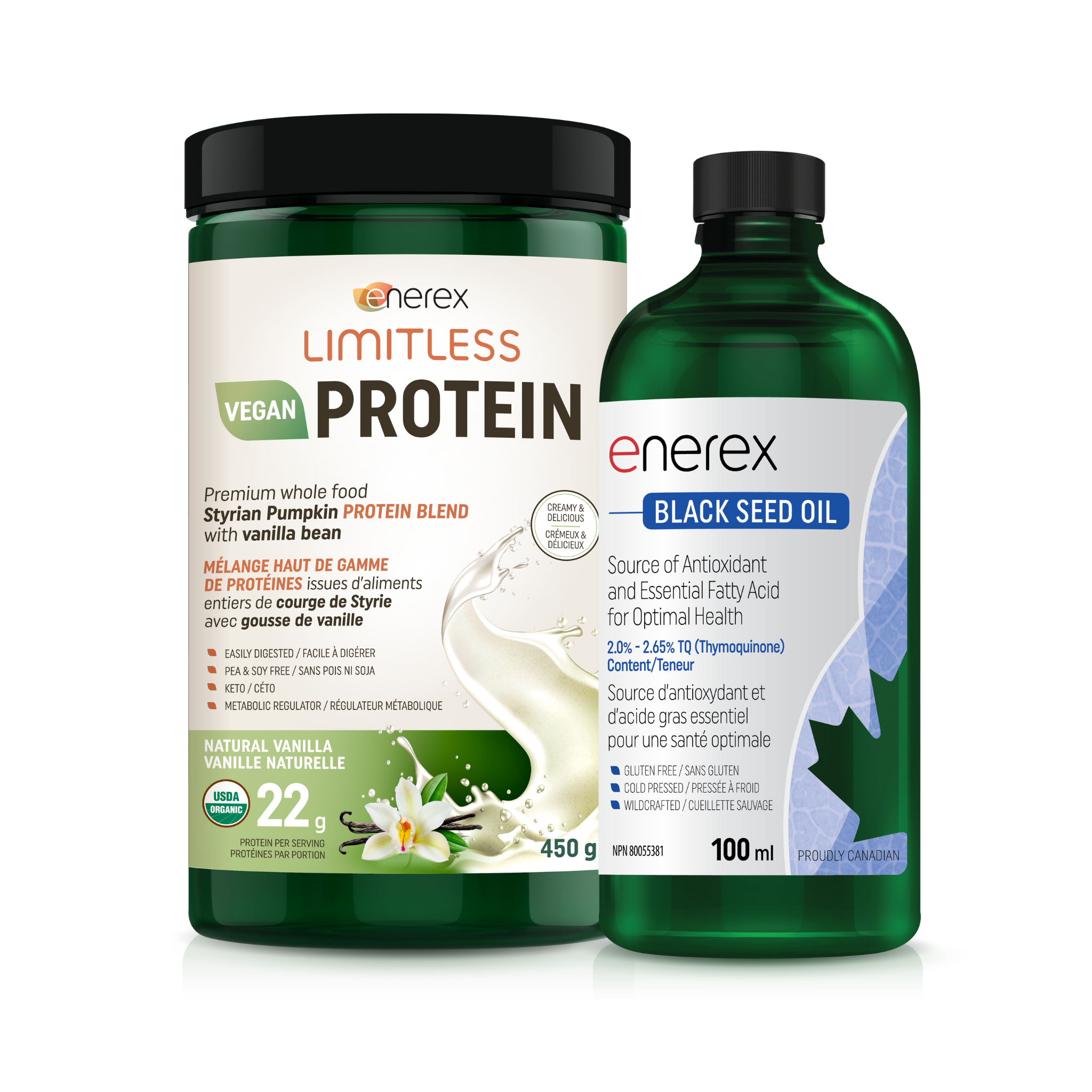
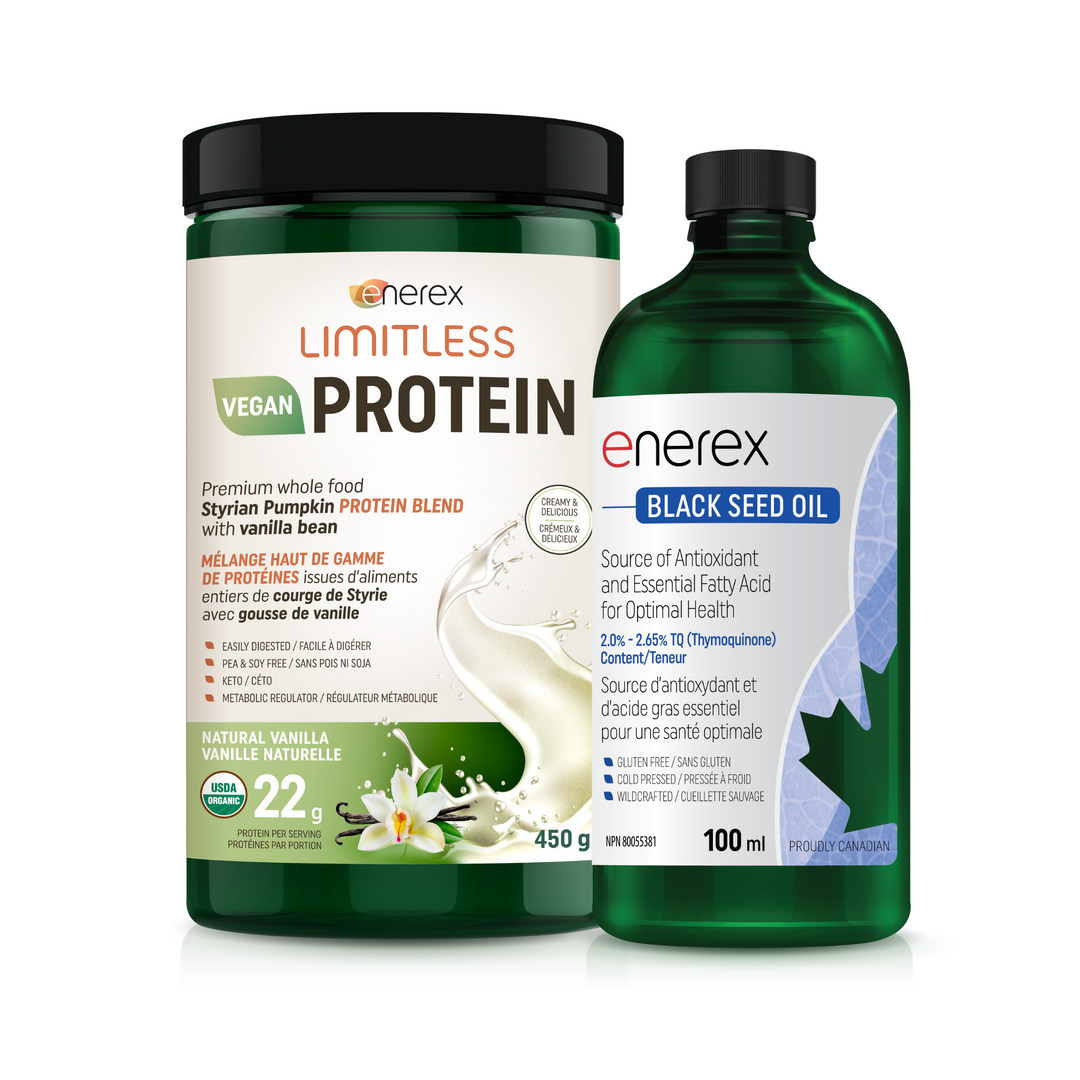
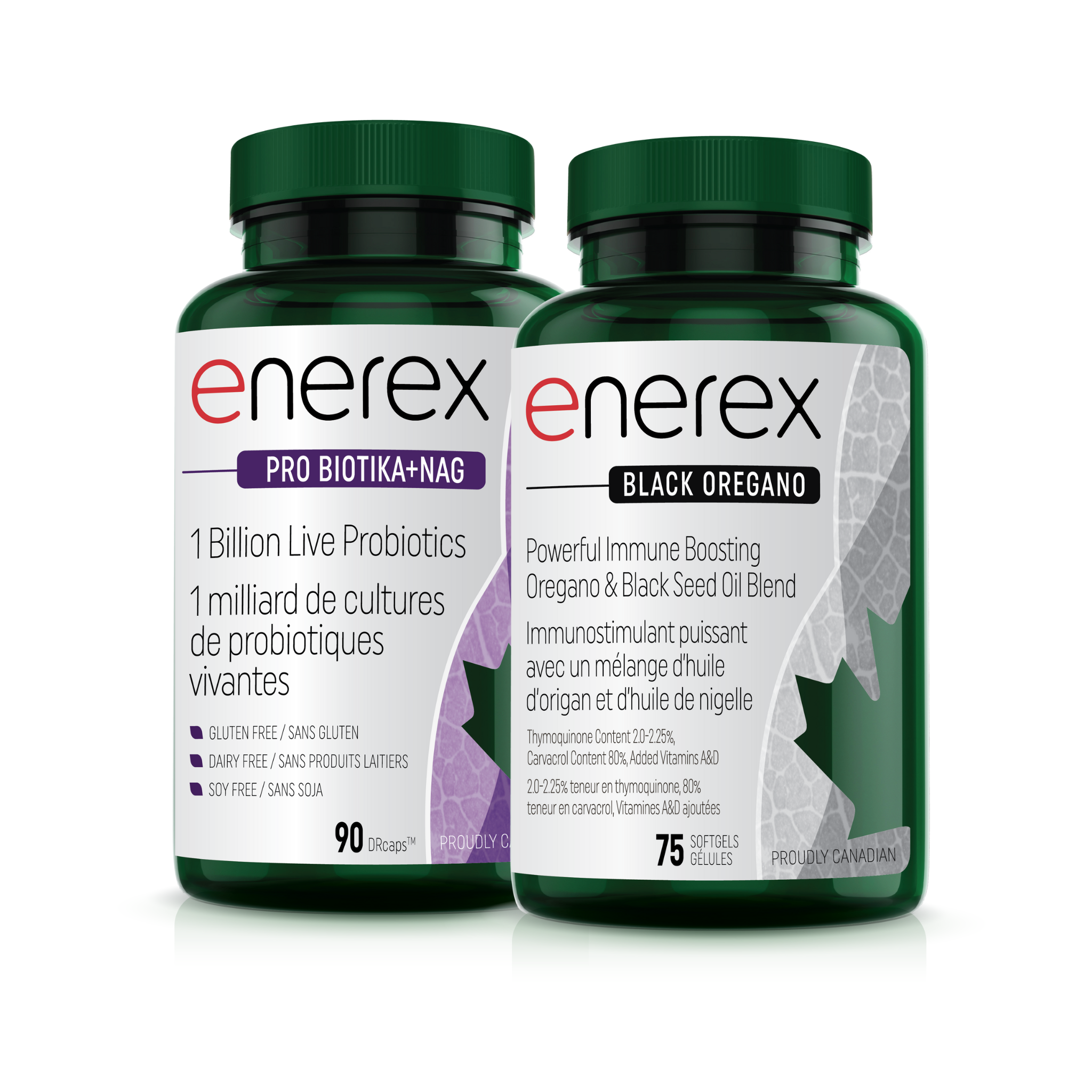
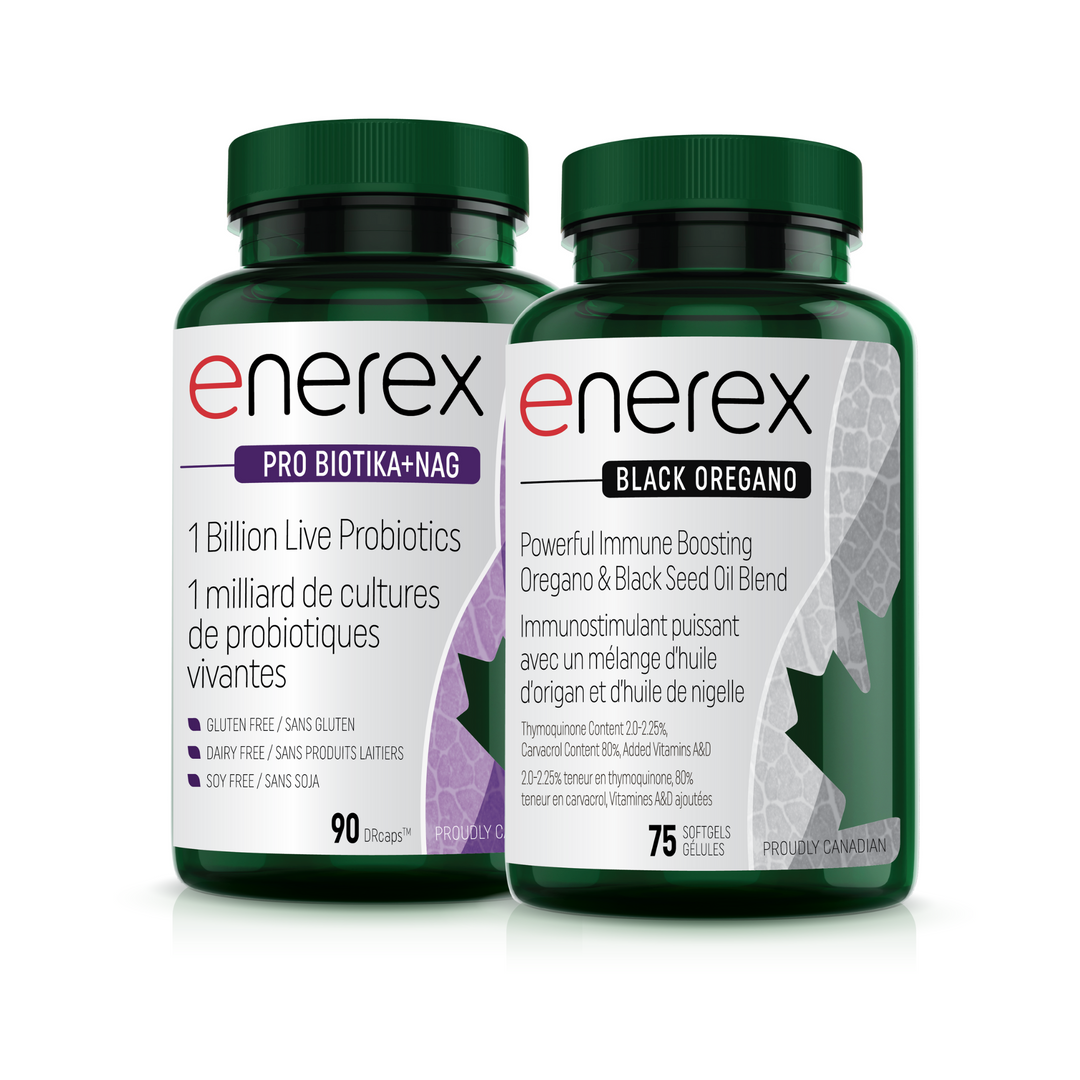
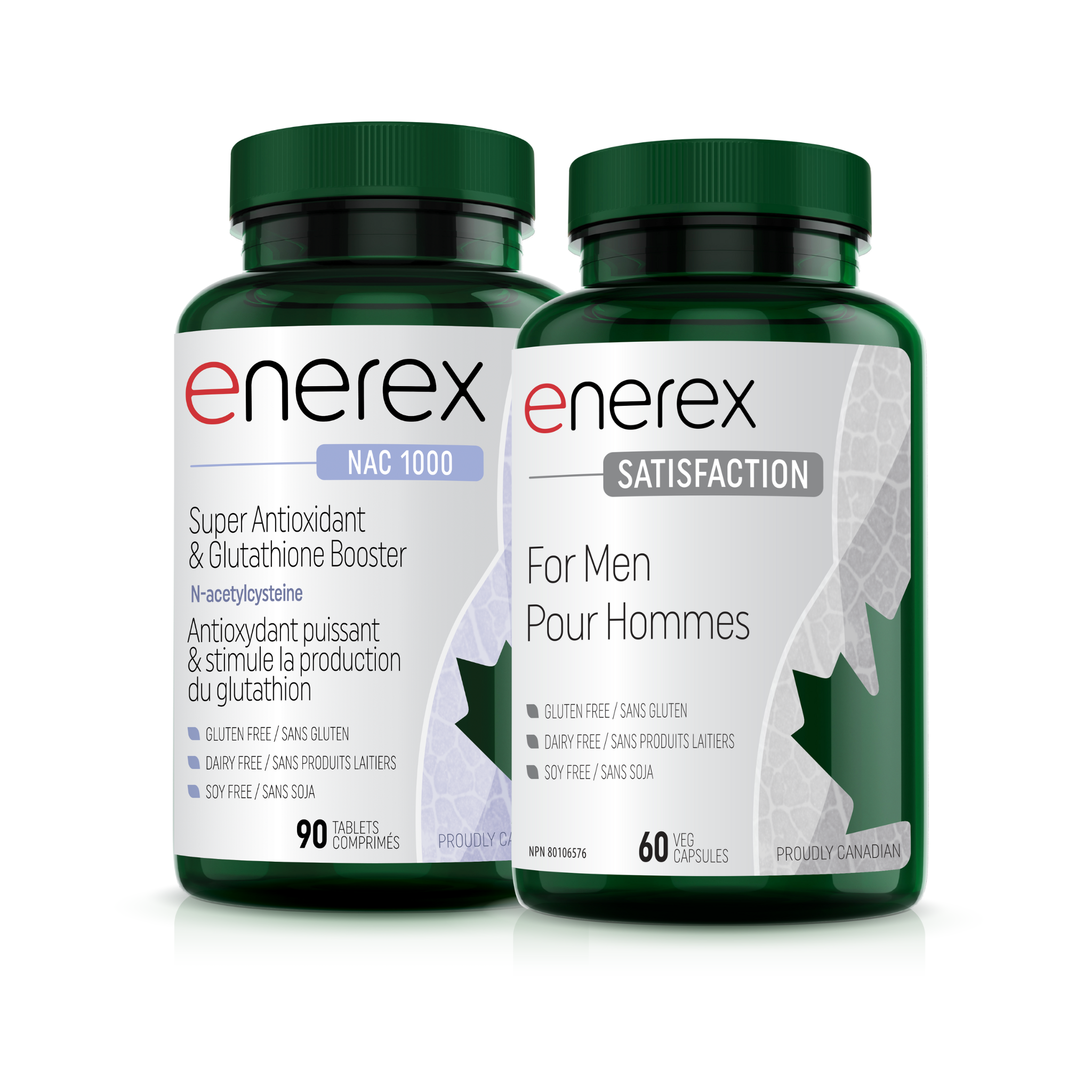
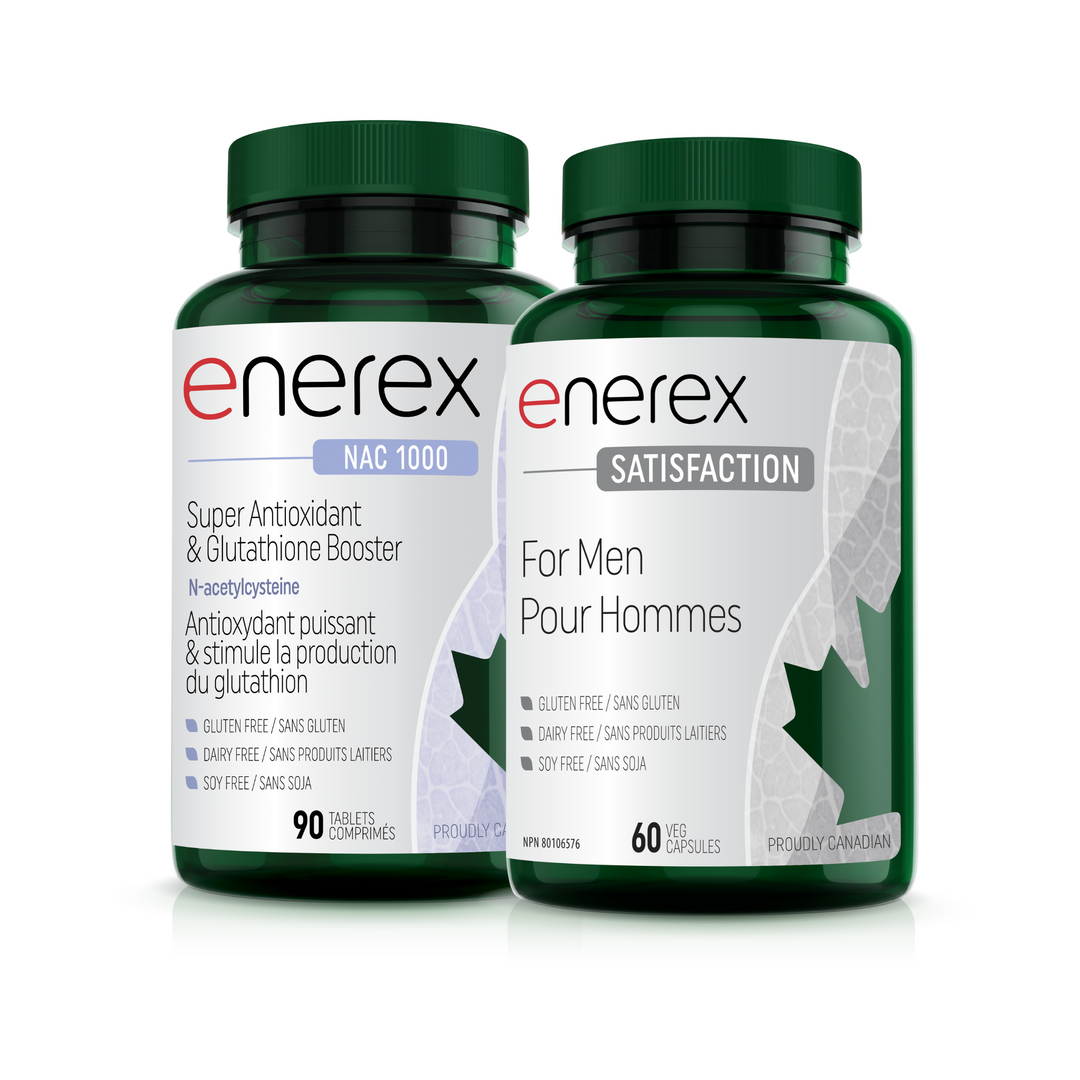
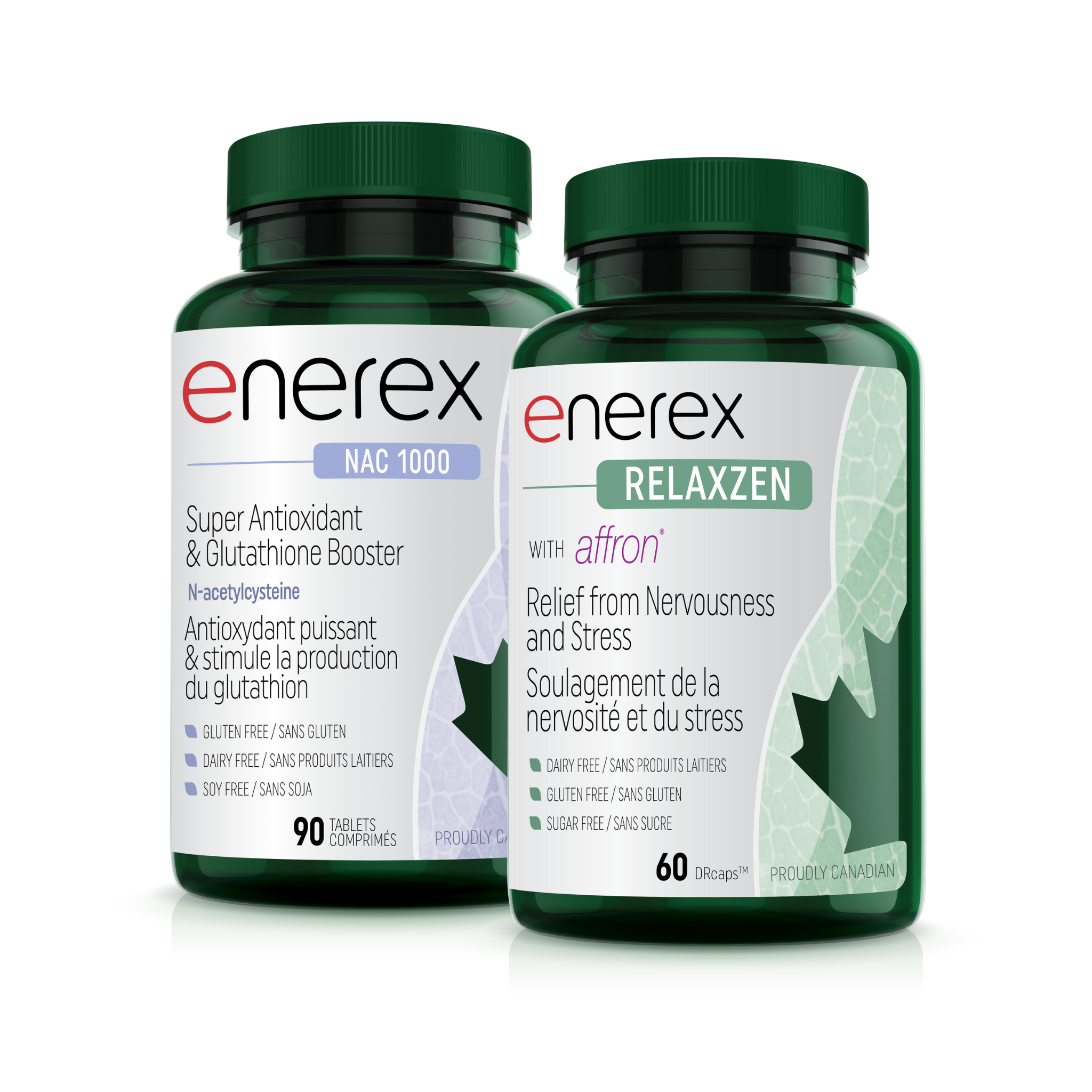
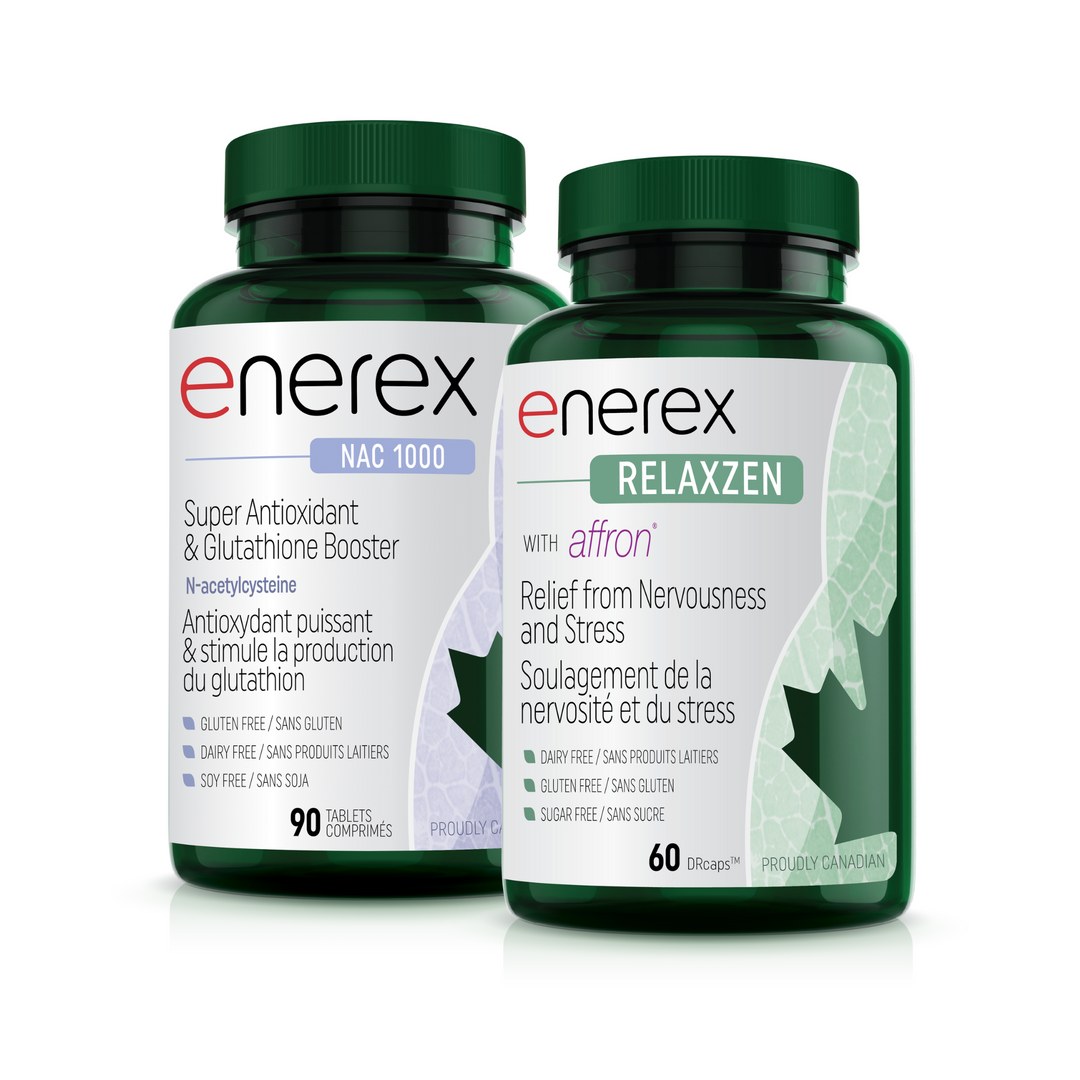
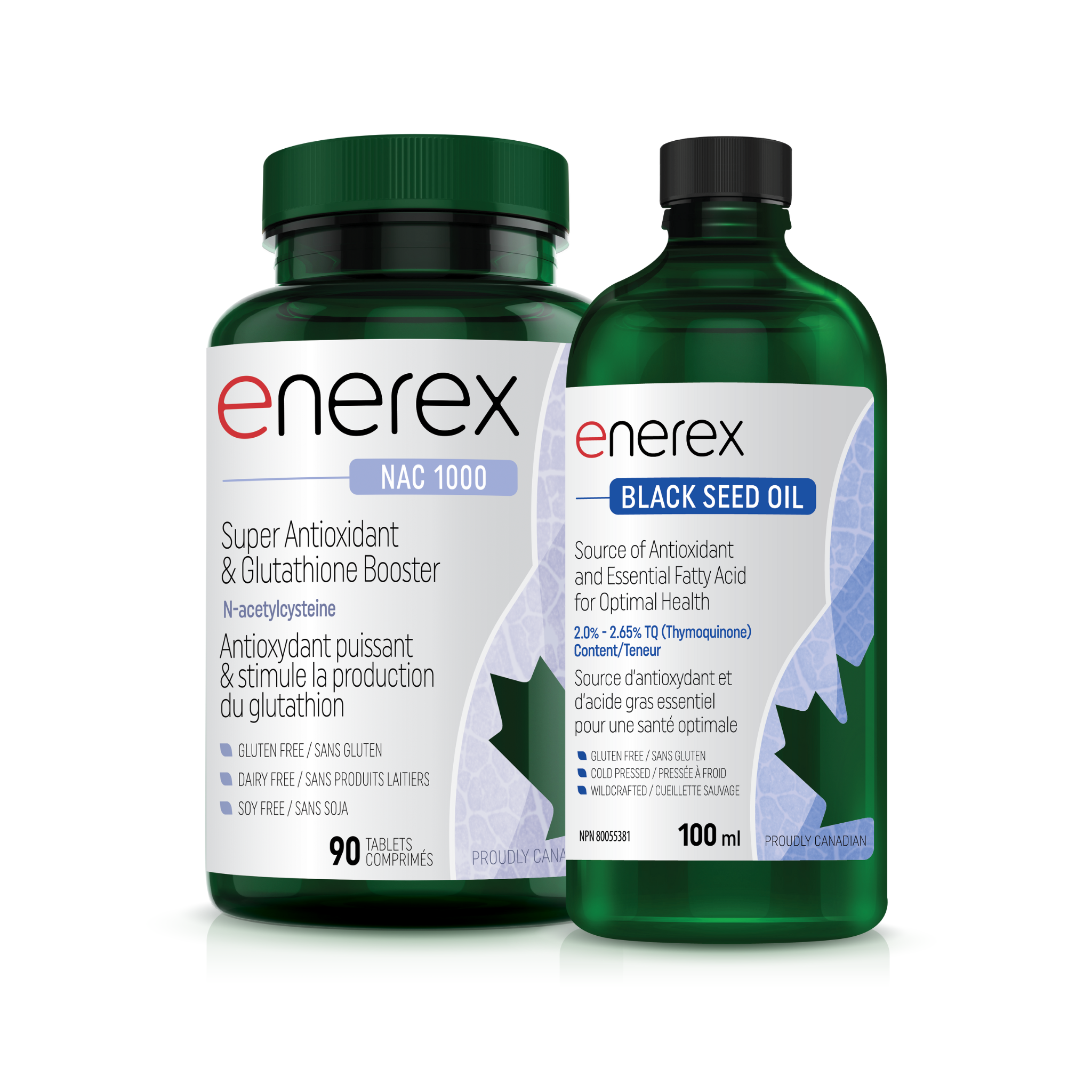
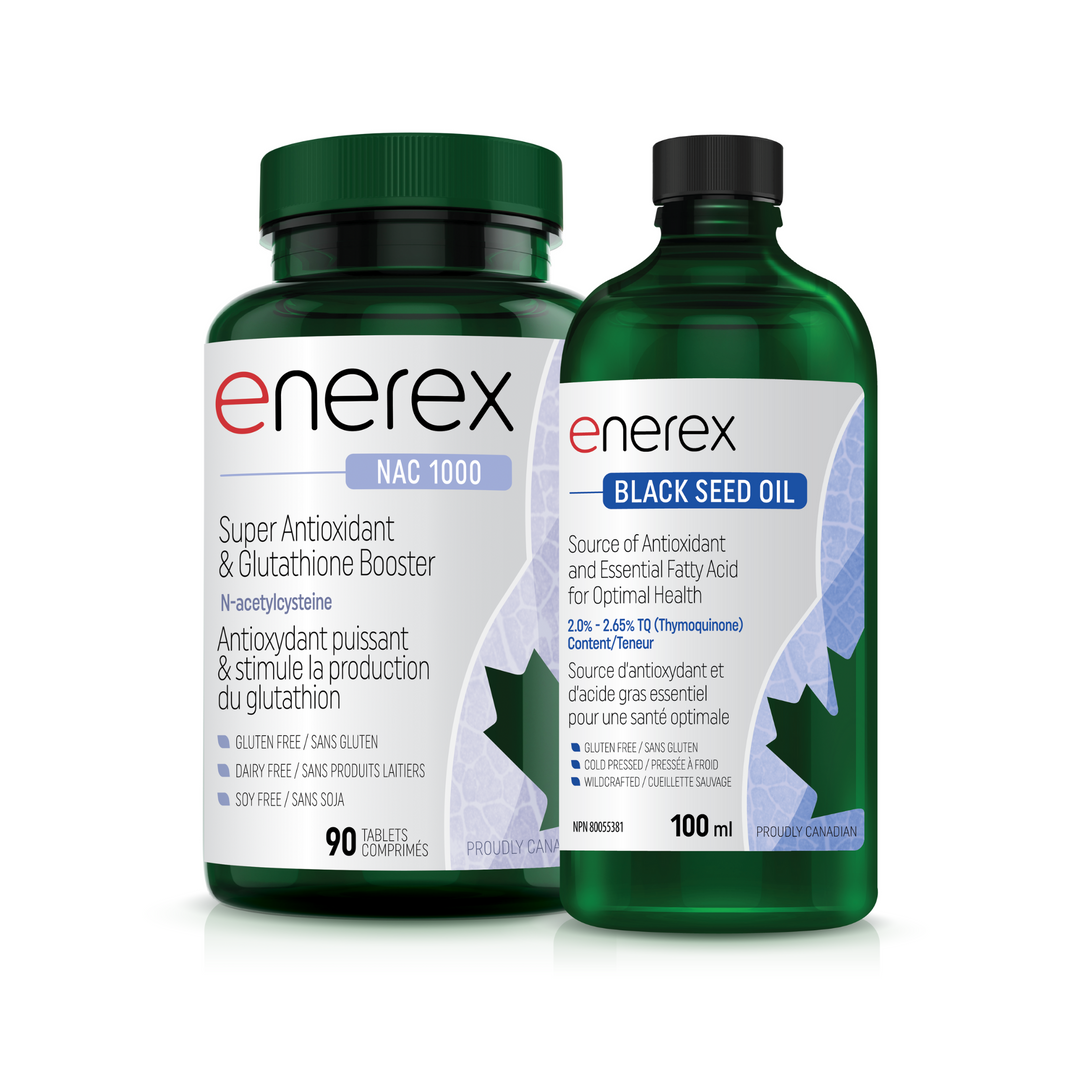
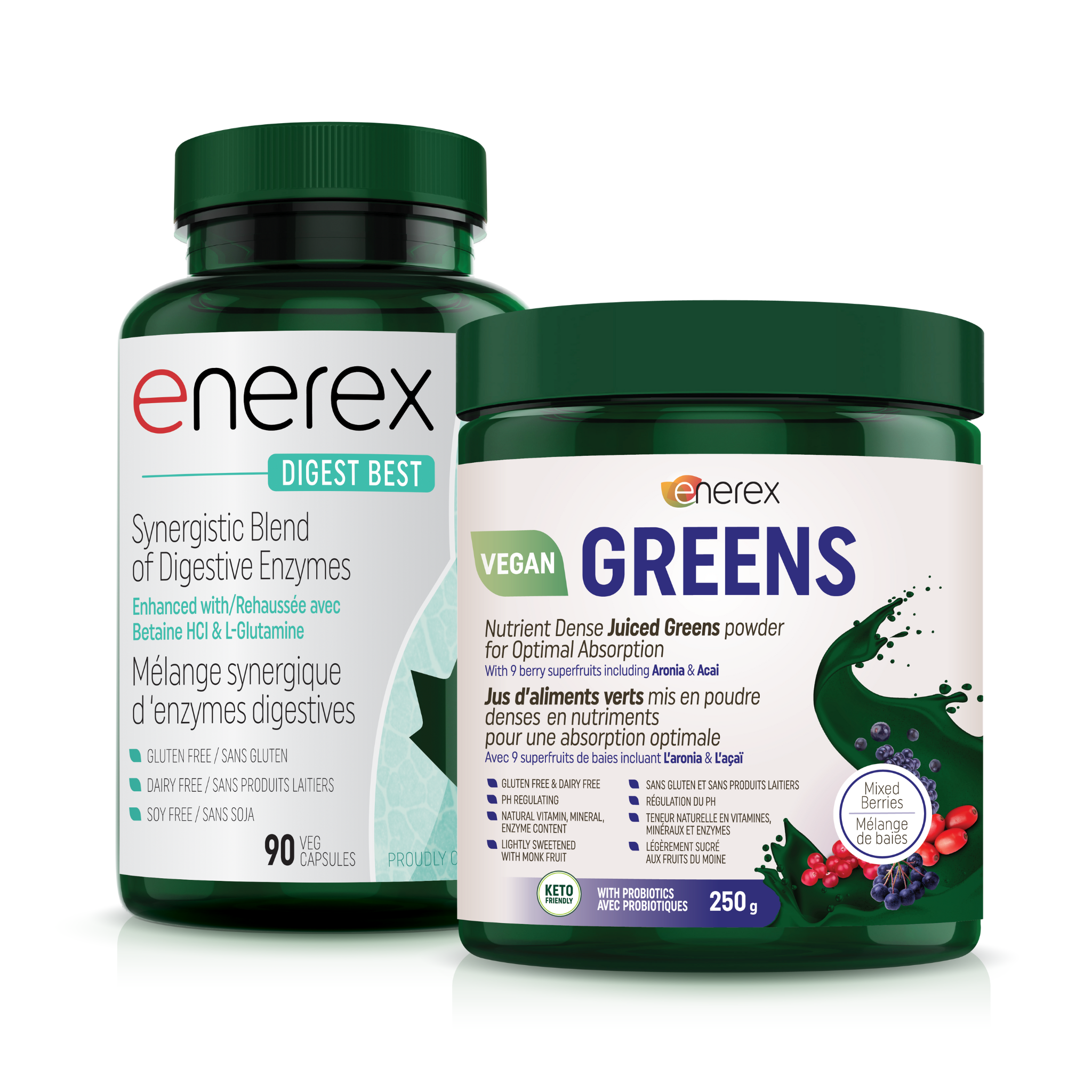
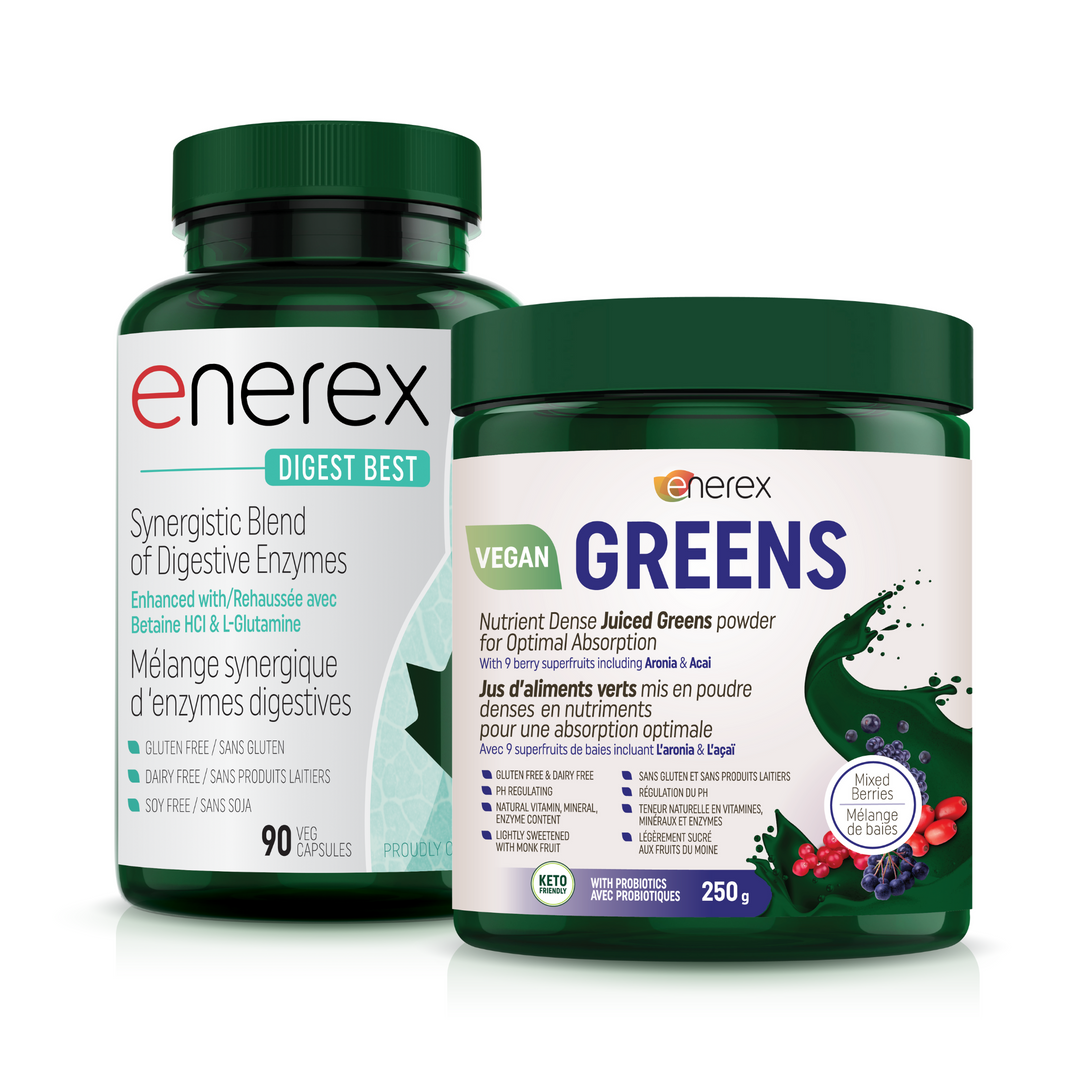
Leave a comment